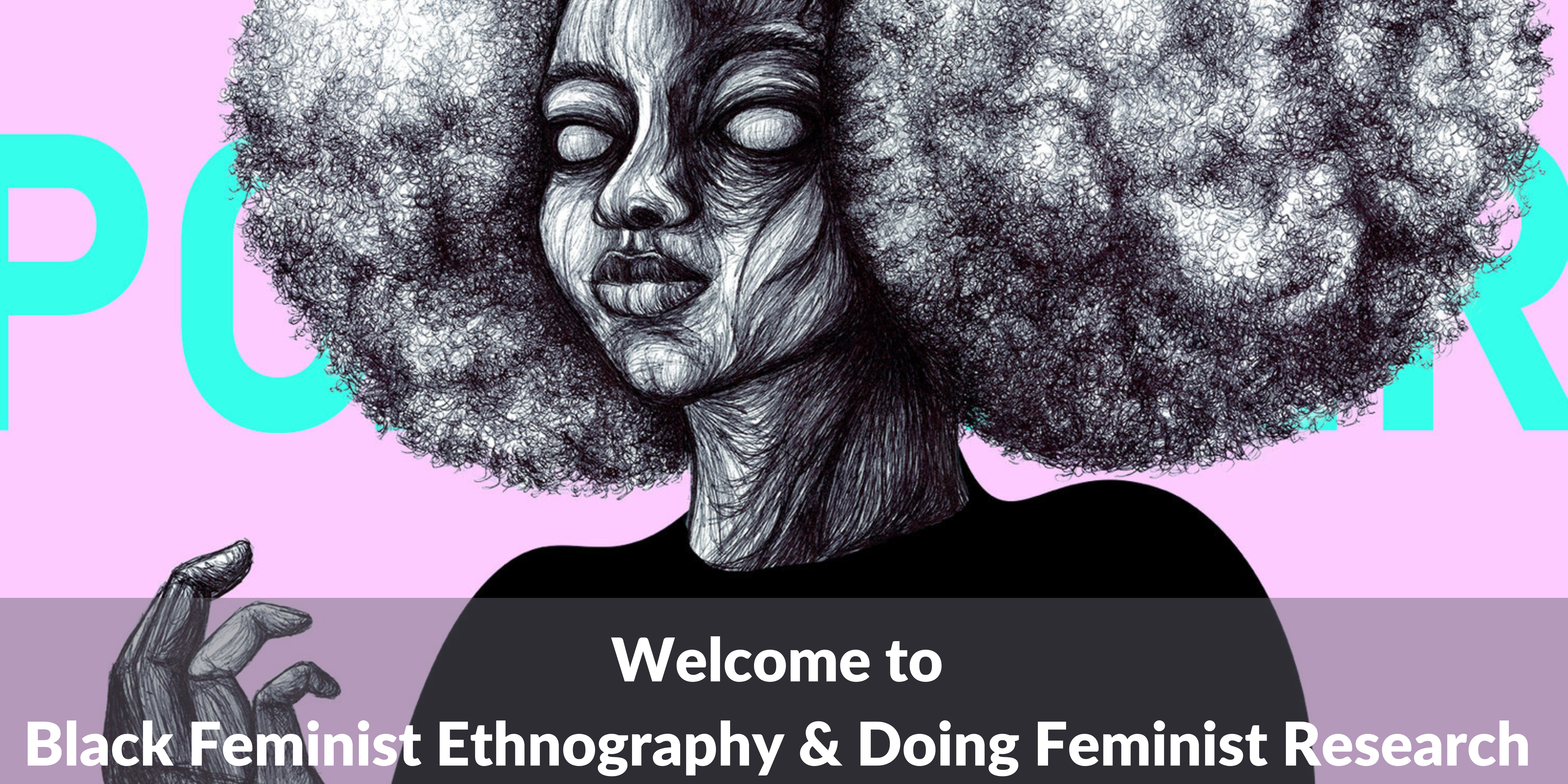
This course introduces students to the history and intellectual contributions of Black feminist ethnographers. The class invites students to engage with key questions such as: What is the history of Black feminist thought in ethnographic research? How do Black feminist ethnographers carry out research? How have Black feminist scholars contributed to shaping knowledge about the intersections of race, class, gender, and sexuality? How does Black feminist ethnography imagine new life possibilities for communities of African descent? To address these questions, we will read the ethnographies and articles of Black feminist scholars who have explored diverse topics such as: land rights, health, political activism and social movements, the legacies of colonialism and slavery, and education. By engaging with the scholarship of Black feminist ethnographers, students will deepen their understanding of the intersections of race, gender, class, and sexuality in the production of knowledge as well as in the lived experiences.
This course addresses the question of what makes a research methodology feminist. Through advanced interdisciplinary readings and short writing assignments, students are introduced to feminist research methods as well as distinctive feminist critical approaches to issues in the social sciences, natural sciences, and the humanities. This course is the equivalent of WGSS 401 and is required of Womens, Gender, and Sexuality Studies majors and minors, but it is designed for other students planning to incorporate feminist perspectives into their senior research.
- 선생님: Kilimo Miriam